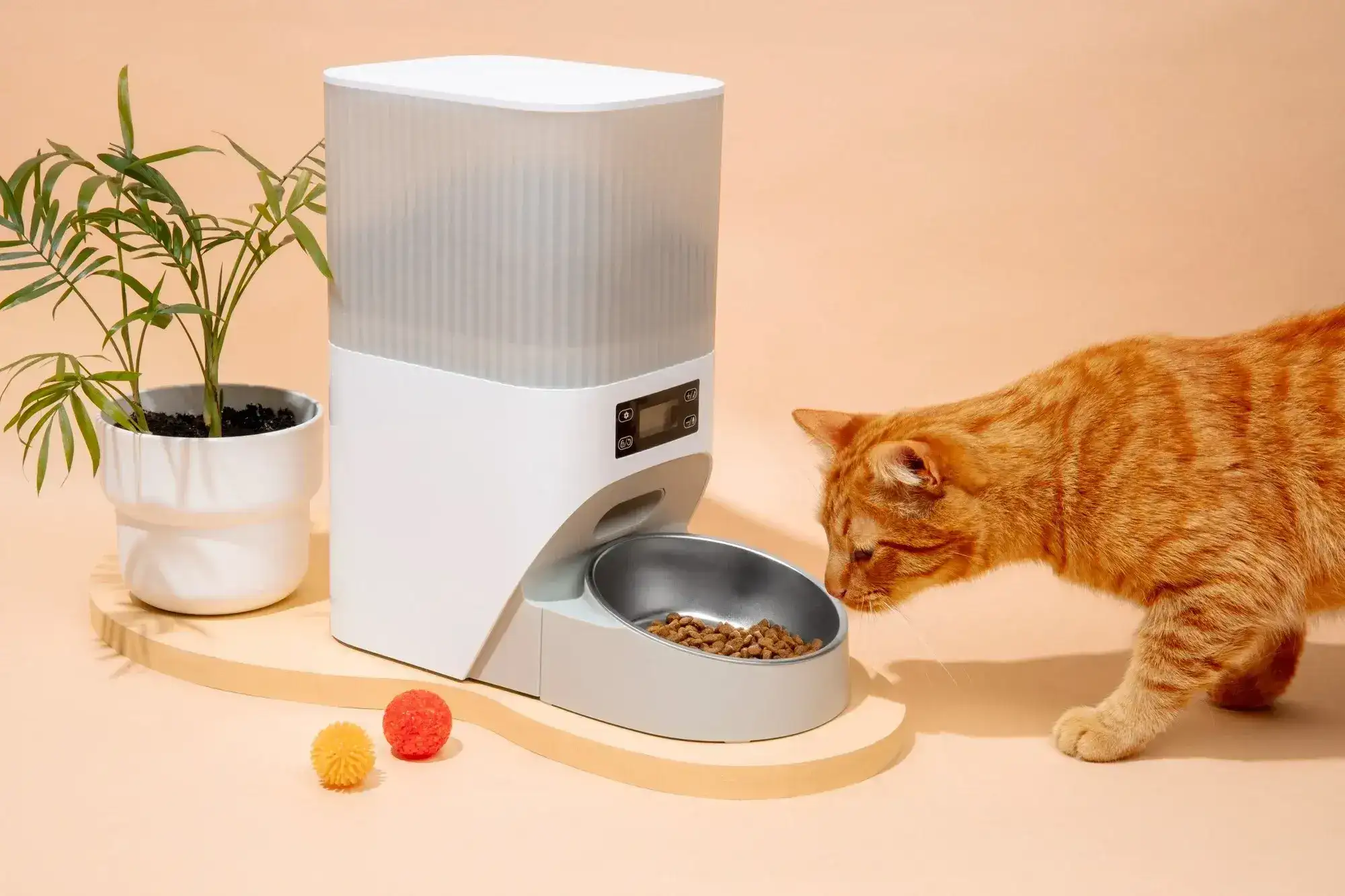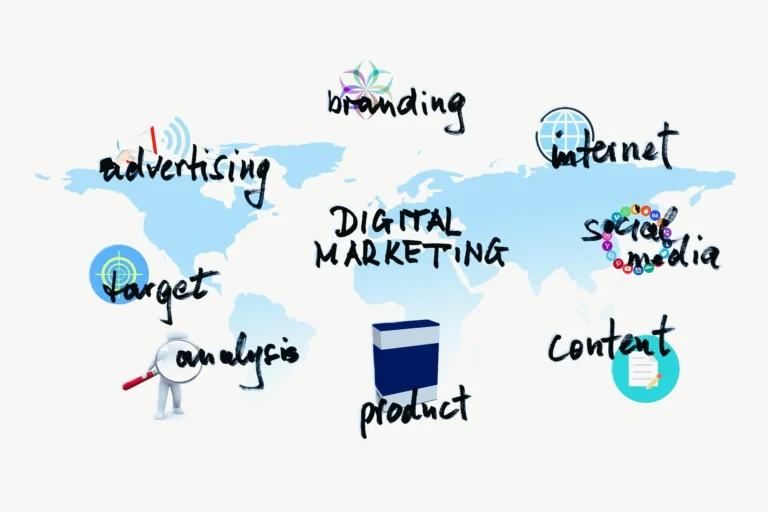How Technology Is Revolutionizing the Pet Care Industry
Technology is reshaping almost every facet of our lives, and the pet care industry is no exception. With the advent of smart devices, AI, and various digital platforms, caring for pets has never been more efficient, convenient, or personalized. Whether it’s keeping track of their health, feeding them on time, or making sure they stay entertained, technological advancements are offering revolutionary ways to ensure pets live healthier and happier lives. Let’s dive into how technology is transforming pet care and what it means for pet owners like you.
The Rise of Smart Devices in Pet Care
One of the most significant advancements in the pet care industry is the introduction of smart devices. These gadgets are transforming the way we care for our pets, offering practical solutions that enhance convenience while improving the overall well-being of our furry friends. From smart collars to automated feeders, these devices are designed to help pet owners stay connected with their pets’ health and activity levels, even when they’re not physically present. Whether you’re concerned about your pet’s safety, dietary habits, or general health, smart devices provide a new level of control and peace of mind.
Smart Collars and Trackers
Gone are the days when a lost pet meant combing the neighborhood or putting up posters. Thanks to smart collars with GPS trackers, you can now monitor your pet’s location in real time from your smartphone. These collars offer more than just GPS tracking, with many models featuring activity tracking, heart rate monitoring, and even temperature sensing. This technology gives pet owners a comprehensive overview of their pet’s well-being, from daily exercise habits to potential health risks.
Smart collars are also crucial for ensuring your pet’s safety. If your pet leaves a designated safe area, you’ll receive an instant alert on your phone. This feature is particularly useful for pets that like to roam or have a habit of sneaking out. In addition to location tracking, the ability to monitor your pet’s vital signs allows for early detection of potential health issues, such as overheating during hot weather or unusual levels of inactivity, which could indicate illness or injury.
Pet Health Management with Technology
As technology continues to evolve, pet health management has seen incredible advancements, making it easier for owners to monitor and maintain their pets’ well-being. The use of modern technologies, such as telemedicine and wearable health trackers, allows for more efficient and accessible healthcare for pets. These innovations provide not only convenience but also proactive solutions for preventing and managing health issues. Let’s explore how these technologies are revolutionizing pet health care.
The integration of technology into pet health management offers numerous benefits for both pets and their owners. With real-time monitoring and access to expert advice at your fingertips, it’s never been easier to ensure your pet’s health is taken care of. Whether through virtual vet visits or advanced health tracking, these tools are transforming the way we care for our pets.
Telemedicine for Pets
Telemedicine is becoming a game-changer in veterinary care. Now, pet owners can consult with veterinarians remotely through video calls, saving time and reducing the stress that comes with clinic visits. This service is especially beneficial for:
- Minor health concerns: Owners can easily get advice on non-urgent issues like minor rashes, behavioral changes, or dietary questions without having to leave the house.
- Follow-up appointments: Instead of taking your pet back to the vet for routine check-ups after surgery or treatment, a quick video chat can suffice to ensure everything is on track.
- Stress reduction for pets: Some pets experience extreme anxiety when visiting a vet clinic. Virtual consultations minimize the stress by allowing them to stay in their familiar environment.
In emergencies, telemedicine also helps vets prioritize whether an in-person visit is immediately necessary or if preliminary care can be administered at home. This adds an extra layer of accessibility to veterinary care, ensuring that pets receive timely attention without delay.
Wearable Health Trackers for Pets
Wearable health trackers, much like fitness trackers for humans, are designed to monitor various health metrics of your pet. These gadgets provide detailed insights into your pet’s overall health and activity levels. Some key benefits include:
- Activity monitoring: These trackers help ensure that pets are getting enough exercise throughout the day, which is essential for maintaining a healthy weight and preventing obesity.
- Real-time health alerts: If the tracker detects unusual behaviors such as inactivity, abnormal heart rates, or high temperatures, it sends immediate alerts to the owner’s phone.
- Chronic condition management: For pets with ongoing health conditions like diabetes or heart disease, these trackers can help monitor symptoms and track the effectiveness of treatments.
Wearable trackers are particularly useful for identifying early signs of illness. By monitoring vital signs and behaviors in real-time, owners can catch potential health issues before they escalate, leading to better health outcomes for their pets.
AI and Machine Learning in Pet Care
Artificial intelligence (AI) and machine learning (ML) have brought remarkable advancements to the pet care industry. These technologies are making it easier for pet owners to manage their pets’ health, nutrition, and behavior. AI and ML allow for a more personalized approach, taking into account the unique needs of each pet, which leads to better health outcomes and a deeper understanding of their behavior. Whether through AI-powered nutrition plans or behavior analysis, these technologies are enhancing the way we care for our pets, making it easier to meet their specific needs.
AI systems analyze vast amounts of data from multiple sources, such as health records, activity levels, and even genetic information, to provide tailored solutions for pets. This makes managing issues like obesity, anxiety, or health conditions more efficient. With the continuous advancements in AI and ML, the future of pet care promises to be even more personalized and data-driven, allowing for more effective treatments and solutions.
Personalized Nutrition Plans
AI-driven tools can now generate personalized nutrition plans for pets based on factors such as their breed, age, weight, and activity levels. This approach takes the guesswork out of feeding and ensures that pets receive the right balance of nutrients, tailored specifically to their unique needs. For example, a small, highly active dog may require a different dietary balance than a larger, more sedentary breed. With AI, owners can provide their pets with a scientifically crafted diet that supports overall health and addresses specific needs such as weight management or joint health.
Personalized nutrition can be particularly beneficial for pets with chronic conditions like diabetes or kidney disease. AI-powered tools help manage these conditions by adjusting the diet to support better health outcomes. Additionally, customized feeding plans can prevent overfeeding, reducing the risk of obesity and its associated health problems. This level of customization ensures that pets are getting the exact nutrients they need, leading to longer, healthier lives.
| Aspect | Description | Benefits |
| Breed | Tailoring diets based on the specific needs of different breeds | Ensures breed-specific nutrition |
| Age | Adjusting nutrient requirements according to life stages | Supports growth, maintenance, or aging |
| Weight | Creating balanced meals for ideal weight management | Prevents obesity and related conditions |
| Activity Level | Matching calorie intake with energy expenditure | Promotes optimal energy and health |
Behavior Analysis and Training
Understanding a pet’s behavior can often be challenging, but AI-powered tools are now making it easier to decode and address behavioral issues. Machine learning algorithms analyze a pet’s behavioral patterns by observing how they respond to different situations. These insights can help owners understand their pet’s emotional state, whether they’re anxious, stressed, or excited. Such insights are especially useful for pets with separation anxiety, aggression, or hyperactivity, allowing for targeted behavioral interventions.
AI-powered training devices and apps can also assist in correcting undesirable behaviors, such as excessive barking or destructive tendencies. With these tools, owners can train their pets more effectively at home. These technologies use data to determine the best training methods, adjusting approaches based on the pet’s progress. This makes the training process smoother and less stressful for both pets and their owners, fostering better communication and a stronger bond between them.







